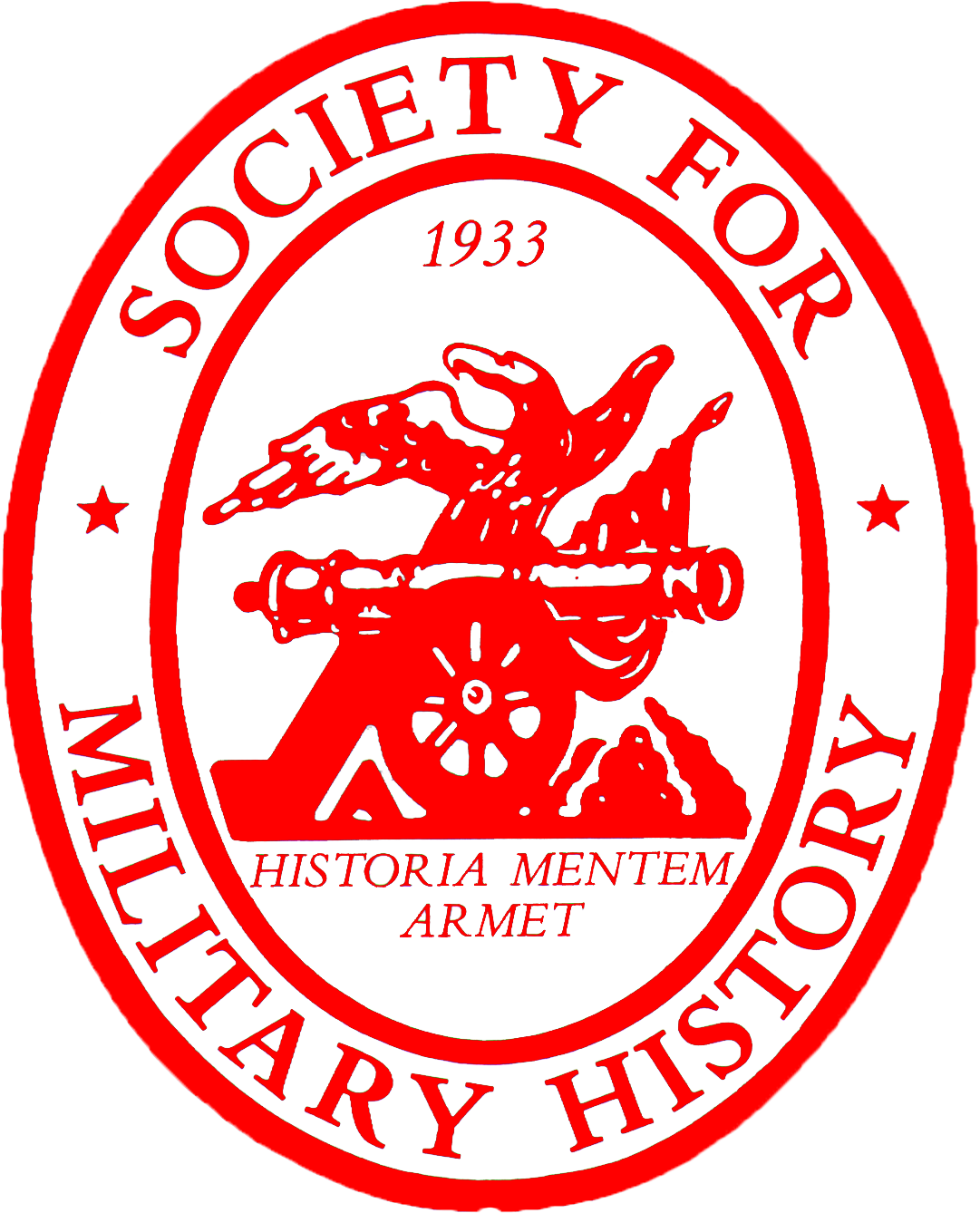
Bundesarchiv-Militärarchiv (BA-MA), Freiburg im Breisgau, Germany
by Robyn Rodriguez
Ohio State University
The Bundesarchiv-Militärarchiv (BA-MA) is located in the lovely university city of Freiburg im Breisgau, in the heart of the Black Forest. It is open all year, except for holidays. The archive’s hours are from 8 am until 6 pm Monday through Thursday and on Fridays, from 8 am until 4 pm. The archive houses the records of the German military from unification to the present. The collection includes documents pertaining to the imperial navy and army, colonial troops, the Weimar-era Reichswehr and Freikorps, the Wehrmacht, the Bundeswehr, and the records of the East German (GDR) army. The personal papers of many German military commanders can also be found in BA-MA.
Some of the finding aids can be found online at the Bundesarchiv website; however, the archive holds a much more extensive collection of finding aids that have not been digitized. So be prepared to spend some time looking at the finding aids in the archive.
Researchers should contact the archivists before arriving so they can reserve a seat in the reading room. The archive can be reached via phone (+49761478170) or email militaerarchiv@bundesarchiv.de. I usually email the archivists one to two months prior to visiting with the dates of my stay as well as a brief project description. The archivists respond with a list of files of interest. These recommendations provide a good starting point.
Upon arriving at BA-MA, you need to register in their computer system. This process should only take about 15 minutes. The archivists are very competent and helpful and will walk you through the registration and document request process. While they all can speak English, they prefer to speak German. Researchers are allowed to bring laptops, notebooks, and pencils into the reading room. The reading room has about twenty five workstations, which all have power outlets. The archive has three public computers with Internet access. There is a room with day lockers to store additional belongings. There are no cafes or restaurants in the immediate vicinity of the archive, so researchers should probably pack a lunch or snack. There is a break room and a vending machine.
While the archive offers a pleasant work environment, acquiring reproductions of documents can be difficult. BA-MA does not allow digital photography. There are no public photocopying machines. Researchers must mark the pages they want copied in the file and fill out a form requesting the copies, after which, the copying firm will mail a bill (probably to your home address in the US, unless you plan to stay in Freiburg for an extended period). It can take anywhere from two weeks to a month for the bill to arrive at your US address. I usually submit my requests the day before I leave the archive, so that all of them are on one form. The copying firm requests that you wire the money to the firm’s account; however, if you email them and ask nicely, they will accept a credit card payment, as international wire transfers can be costly from the US. After paying the bill, the copying firm will then mail the paper copies. The cost is approximately .35 to .50 euro per page for paper copies plus postage. This process can take about two months. Working with microfilm or fiche at the archive is somewhat easier. There are several microfilm readers in the reading room, some of which have printers attached. Printing pages from microfilm is .10 euro per page. Requesting reproductions of the microfilm or fiche requires a similar process as paper copies but it is much more cost efficient.
When traveling to Freiburg, it is best to fly into Frankfurt, Germany or Basel, Switzerland. Freiburg is easily accessible via train from those two airports. The city has a good public transportation system. Depending on the duration of your stay, buying a week-long or month-long Regio-karte (regional transport pass) is usually the most affordable option and there is a discounted rate for students. Make sure you have an ISIC (international student ID card) before you go abroad as it is usually the only form of student identification that is accepted. The Regio-karte will allow you to use the city transportation as well as the regional trains throughout the Black Forest.
For accommodations, if staying for a month or longer, the student dormitories are very cost-effective (200-350 euro per month). It is usually easy to get a room in the dorms during the months of August and September, as school is not in session. All of the dorms have kitchens and grocery stores (PennyMarkt, Kaufland, Galeria Kaufhof, etc) within walking distance. There are also a number of cafes and restaurants near the university.
(Summer 2010)
